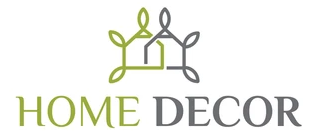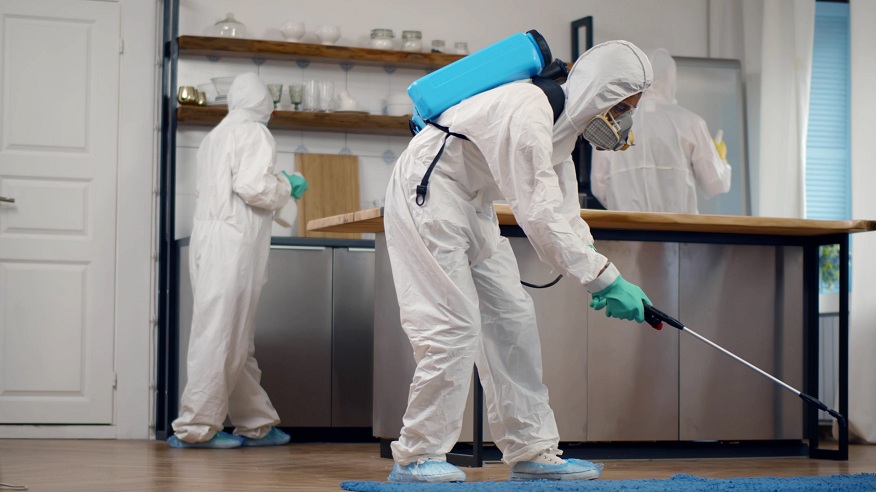Pests such as ants, rats, and insects can disturb our calm and pose health hazards. To effectively manage them, a proactive strategy is required, combining knowledge of methods and tactics with the capacity to detect circumstances that require professional involvement. Get professional help with Pest Control in Belleville and get rid of these pests for good.
In this blog, we will take a look at different methods available to eliminate them, strategies you can apply, and when you should speak to a professional.
Pest control methods
Here are different pest control methods available.
-
Physical barriers
Sealing crevices, employing door sweeps, and installing screens help to prevent intrusion. These treatments are more successful against bigger pests and are best used as a preventative measure.
-
Habitat modification
Pests are less likely to appear when food, water, and shelter are removed. This might include properly storing food, resolving moisture concerns, and clearing clutter.
-
Trapping and baiting
Traps and baits can successfully target certain pests. This strategy is best suited for low-level infestations and needs careful trap and bait selection to prevent injuring non-target species.
-
Natural predators and repellents
In certain cases, introducing natural predators like ladybugs for aphids or utilizing plant-based repellents like lemongrass oil can provide environmentally friendly management. However, their efficiency varies according to the pest and infestation level.
-
Chemical pesticides
Chemical pesticides, while effective, should only be used as a last option owing to the risk to human health and the environment they pose. Their application should be confined to severe infestations and always done with caution and in accordance with safety instructions.
Integrated Pest Management (IPM)
IPM stresses using various strategies to achieve long-term, sustainable pest control. It prioritizes:
-
Prevention
Before using reactive measures, focus on removing pest-attracting variables.
-
Monitoring
Regular inspections of probable entrance points and pest activity areas aid in the early detection of issues.
-
Targeted intervention
Choosing the best strategy depends on the individual pest and infestation level while reducing dependency on dangerous chemicals.
When to call the professionals
While DIY pest treatment can be effective for mild infestations, professional assistance is recommended in some situations. A professional pest control intervention can help you get rid of them permanently and provide a better solution than DIY methods.
-
Extensive infestations
When DIY measures fail, or the infestation is extensive, professional help and equipment are required. Extensive infestations cannot be solved through natural remedies and intervention of a professional can provide a better solution.
-
Difficult-to-control pests
Certain pests, such as termites or bed bugs, need specialist expertise and treatment procedures that go beyond the boundaries of DIY pest management.
-
Health concerns
If pests constitute a health danger, such as rats polluting food or mosquitoes transmitting illnesses, prompt expert intervention is required.
-
Property damage
Pests, such as carpenter ants and termites, can cause structural damage. Early expert involvement might help you avoid costly repairs.
Understanding the various pest management methods and tactics, applying IPM principles, and recognizing circumstances that require expert assistance will allow you to manage pest problems efficiently and maintain a healthy, pest-free environment. Remember that prevention is essential, and early intervention may frequently prevent small concerns from turning into serious infestations.

